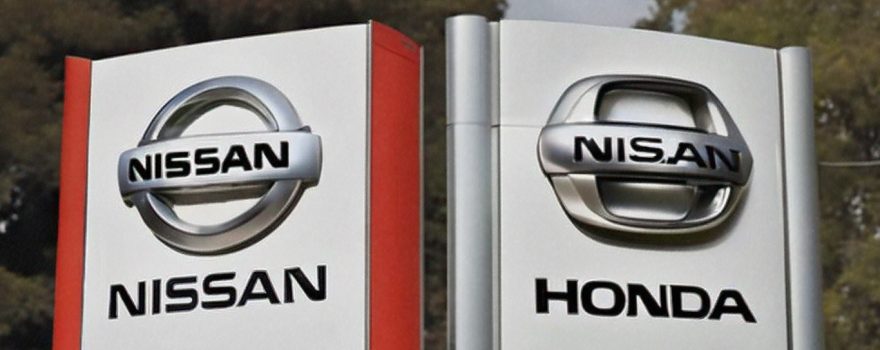
Honda and Nissan have officially called off their planned merger discussions, ending a potential deal that would have made them the third-largest carmaker in the world. The two Japanese automotive giants confirmed on February 13 that they had decided to terminate the memorandum of understanding (MOU) signed in December for a potential business integration.
Honda’s Proposal Shakes the Deal
The end of the talks follows a breakdown in discussions over the structure of the merger. Honda had proposed making Nissan a subsidiary rather than following the original plan to create a new holding company. This shift in structure led to a deadlock, with both companies agreeing that prioritizing swift decision-making and execution in a volatile market environment was crucial as they enter the electric vehicle era.
Electric Vehicle Ambitions Unchanged
Despite the scrapped merger, both automakers emphasized that they would continue to work together on electrification efforts and the future of smart vehicles. The companies stated that their focus would remain on maximizing corporate value and creating new opportunities within the rapidly evolving industry. The decision will not impact the earnings of either company, they assured.
Nissan’s Struggles and Honda’s Strategic Move
The discussions had been initially driven by Nissan’s ongoing struggles, including major job cuts and a significant drop in profits. Honda had stressed that the proposed deal was not a bailout for its rival, but instead a strategic move to remain competitive with major players like Tesla and Chinese electric vehicle firms.
In the end, the shift from a merger to a strategic partnership reflects the complexities of the evolving automotive landscape, with both companies opting for a more flexible, yet collaborative, approach to their future.
Source: Business Times

 Get in Touch
Get in Touch 


